Imperialism, Opium, and Nationalism: A Walk and Discussion at the Old Summer Palace
The Old Summer Palace was the original site of three imperial gardens, including the Yuanmingyuan. These gardens were part of a chain of palaces, landscapes, lakes, and villas that stretched for miles nestled in the foothills northwest of Beijing and served as the primary residence of the imperial family for much of the 18th and early-19th century.
But in 1860, the gardens were destroyed as part of the Second Opium War. Today the shattered pillars, crumbling marble foundations, and abandoned archways are a vivid reminder to visitors of the "Century of Humiliation" and the tragedy of imperialism in 19th-century China. The events of that era continue to shape how China views the world today.
We will discuss the background to the Opium Wars, the sacking of the imperial gardens, and how memories of those events are kept alive in China's contemporary political culture. Along the way, we will wander the ruins and explore one of Beijing's most beautiful and haunting historical parks.
From May to October, we will also get a chance to see parts of the park by boat as well as by foot.
Duration: About three hours
Upcoming Public Walks at the Old Summer Palace
300 RMB per person (260 RMB for members of The Hutong)
Price includes all guide fees and tickets
Consider a Private Tour!
Looking for a walk that fits your schedule? Interested in a personal experience for you or your group?
Private walks of the Old Summer Palace are available for individuals, families, schools, and company groups.
Private walks are 1900 RMB total for up to five people and 200 RMB for each additional person including all admission costs, guide fees, and tips.
What others have said...
“Jeremiah was incredible knowledgable, informative yet entertaining and quick-witted. Both, I and my husband, were so impressed and loved the tour - it exceeded our expectations.”
Your Walk Leader
Jeremiah Jenne is a writer and historian based in Beijing since 2002. He earned his Ph.D. from the University of California, Davis, and taught Late Imperial and Modern Chinese History for over 15 years. His essays and articles on China have appeared in The Economist, South China Morning Post, The Journal of Asian Studies, Los Angeles Review of Books, and The World of Chinese. His writings can also be found in China in 2008: A Year of Great Significance, The Insider's Guide to Beijing, and the 2015 collection While We're Here: China Stories from a Writer's Colony. Jeremiah is frequently asked to speak and lead workshops on history, culture, and cultural adaptation for students, embassies, companies, and community groups. Along with David Moser, Jeremiah also hosts the podcast Barbarians at the Gate. You can follow him on Twitter @jeremiahjenne or online at jeremiahjenne.com.





